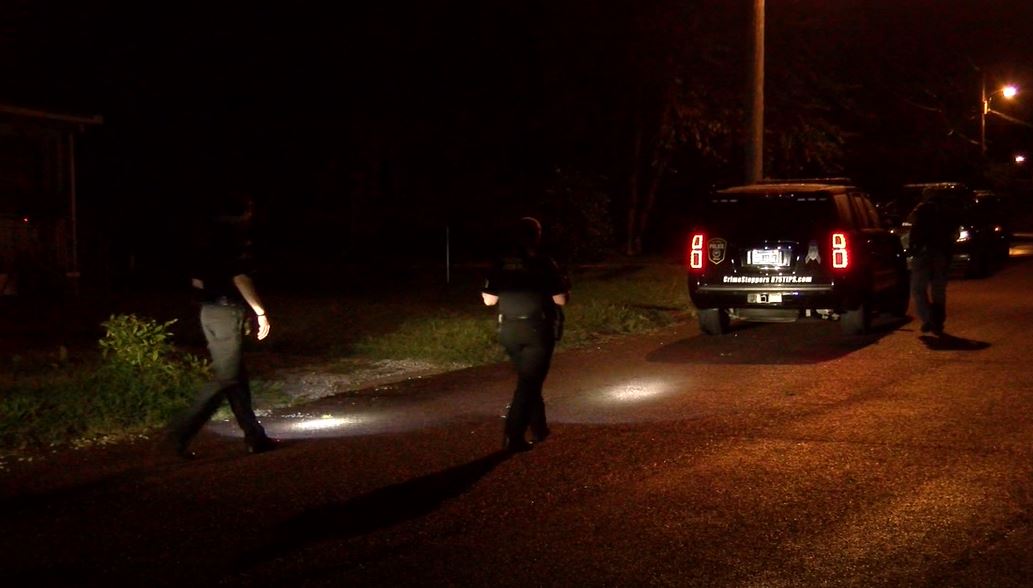MU Health talks the effects gun violence has on mental health

Living in high crime neighborhoods can take a toll on a person’s mental health.
MU health officials told us today that a first or second hand experience can result in fear, resentment and even PTSD.
Dr. Bruce Harry, an MU Health Care psychiatrist says, “It’s disruptive both to the sense of community but also individual mental health.”
Columbia 911 dispatch records show police were sent to 18 shots-fired calls and 36 shots-heard calls from Sept. 1 to Oct. 4. Police were sent to 20 shots-fired calls and 36 shots-heard calls in August.
Dr. Harry said, “Coming together is the big thing because again any violence is very divisive it plants seeds of doubt, and fear and anger resentment, people need to realize there are other and be with them.”
According to police dispatch records, the number of shots-fired and shots-heard calls in Columbia rose as the summer wore on, reaching their peak in august, weeks before a string of deadly shootings in Central and Northeast Columbia.
Bob Shucart, who lives in Columbia said, “I’m all for you know, owning guns, you know, to protect yourself and your house but as far as the drive by shootings, it’s senseless.”
September was the deadliest single month for shootings in Columbia since November 2000. The gunfire has continued into October, with shootings on Tuesday and Wednesday this week, though no one was killed in those incidents.
Dr. Bruce said, “Its very disruptive to sleep concentrate, connecting with other people, withdraw and heightened sense of fear, it contributes to the divisiveness of the community.”
Check back for updates to this developing story or watch ABC 17 News at 6.
KMIZ